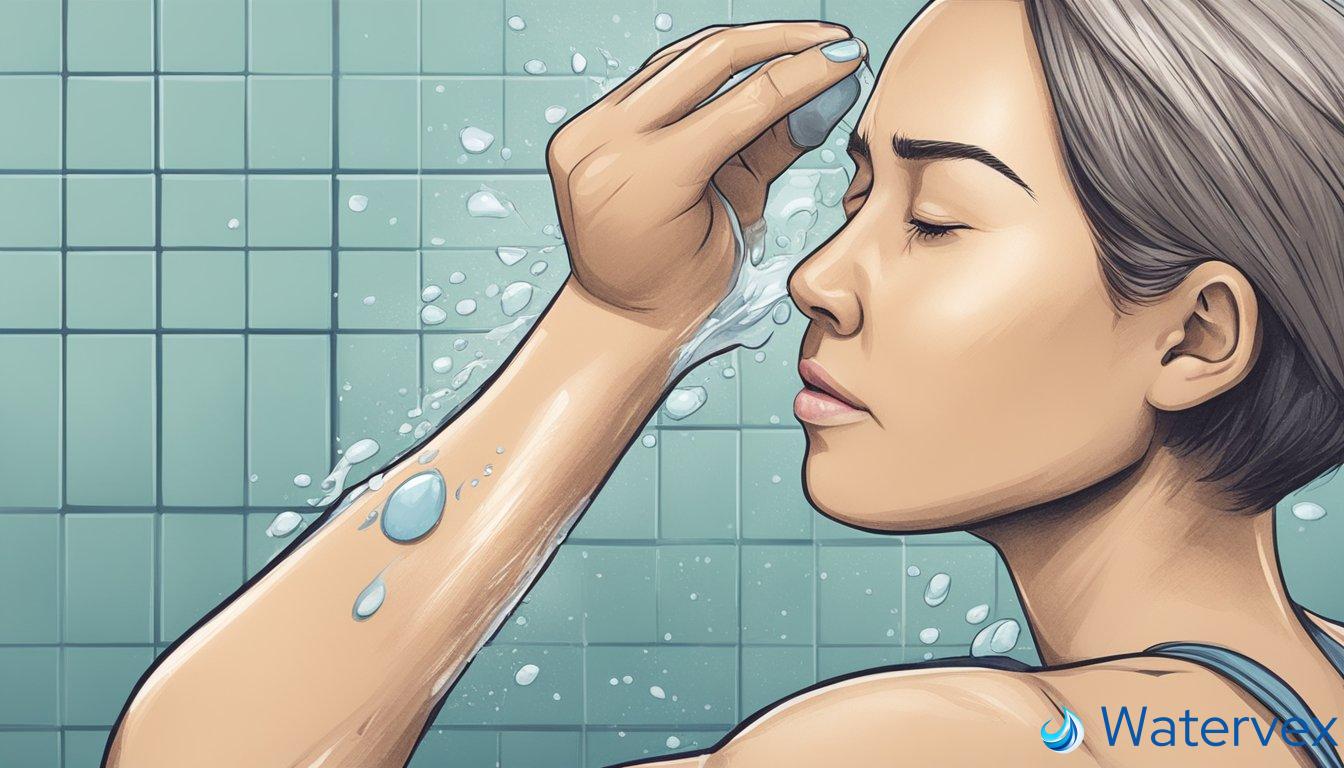Itchy skin after a shower can be perplexing, especially if you’ve recently installed a water softener in your home. The purpose of a water softener is to remove minerals like calcium and magnesium from hard water, which can build up on appliances and make soap less effective. However, while softened water aims to alleviate some issues, it may introduce others. If you find that your skin starts to itch following contact with softened water, it could be due to the residual sodium used in the softening process or a sensitivity to a remaining water additive like chlorine. Understanding the causes and exploring ways to mitigate skin irritation is crucial for a comfortable post-shower experience.

If you’ve been questioning whether your water softener contributes to skin discomfort, examining your skin’s reaction to the water can provide insights. Although softened water can be beneficial for reducing buildup and increasing soap efficiency, in some cases, it might alter the skin’s natural oils, leading to dryness or irritation. Adjusting how your water softener functions, looking into additional filtration options to remove irritants like chlorine, or consulting with a dermatologist are all practical steps towards finding relief. It’s important to troubleshoot these concerns to ensure that your water softener is part of the solution, not the problem.
Key Takeaways
- Softened water can sometimes lead to skin irritation due to additives or changes to skin’s natural oils.
- Examining your skin’s reaction and adjusting your water softening system may help reduce itchiness.
- Additional filtration or professional advice might be necessary to address water-related skin issues.
Can a Water Softener Lead to Itchy Skin?
Discovering the link between water softeners and skin discomfort can provide valuable insights for maintaining healthy skin.
Is Itchy Skin a Side Effect of Using Water Softeners?
While water softeners are invaluable for protecting plumbing and making cleaning more efficient, it’s worth noting they could contribute to skin problems. If you’re experiencing itchy skin after the installation of a water softener, consider whether the system might be the culprit. It’s not the softened water per se, but often the chemicals used in the process, like chlorine, which can leave some individuals with a sensation of itchiness. Additionally, while softened water is helpful in rinsing away soap scum, it could alter how soap reacts with your skin, potentially leaving your pores feeling less clean and leading to skin irritation.
What Factors in Softened Water May Irritate the Skin?
Dry skin is a common complaint, and several factors in softened water can aggravate this condition. Chlorine used in softening can dry out skin, leading to rash and itching. Moreover, the lower mineral content in softened water can change the skin’s hydration dynamics, sometimes resulting in a tight, dry feeling post-bathing. While these aspects can lead to discomfort, knowing what’s going on gives you the power to address these skin woes effectively. To mitigate these effects, using milder cleansers or installing filters to remove added chemicals may help maintain your skin’s natural balance.
How Can You Alleviate Skin Irritation from Softened Water?

If you find that softened water is causing skin irritation, consider consulting a dermatologist for tailored advice. Soft water can sometimes lead to skin issues because it can alter the skin’s natural oils. A specialist can offer treatment plans that suit your sensitive skin or conditions like eczema.
Moisturize regularly with recommended moisturizers to keep your skin hydrated. Proper hydration can help manage dryness and itchiness after coming into contact with soft water. Seek out products designed for sensitive skin that don’t contain irritants or allergens which could exacerbate your symptoms.
Using sensitive skin soap and shampoo can mitigate potential irritants. These products are less likely to cause allergic reactions because they tend to be free from fragrances and harsh chemicals that disrupt the skin’s integrity.
Consider adding a shower head filter to your routine. Products like these can filter out additional substances that may be clogging pores or causing bacterial growth, even after the water has been softened.
Lastly, some people benefit from adjusting the mineral content setting on their water softener. If the mineral level is too low, it might strip away natural oils from your skin, so finding a balance is key to skin health. Balancing the mineral content can often be done with the help of a water treatment specialist or by following the manufacturer’s instructions.
By implementing these practices, you can often lessen the irritation and enjoy the benefits of cleaning with soft water while maintaining healthy skin.

